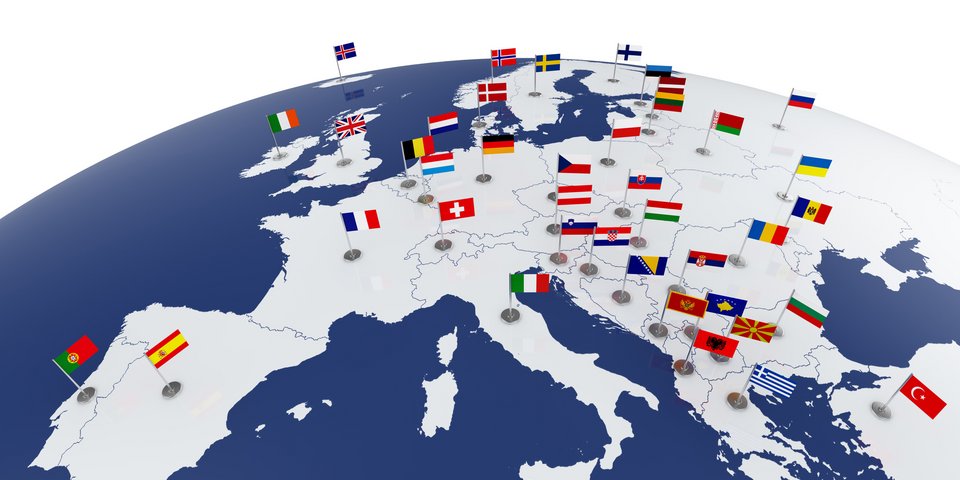 Denys Rudyi - Fotolia
Denys Rudyi - FotoliaGermany for Europe
German Chancellor Angela Merkel presents the programme of Germany's EU Council Presidency to the European Parliament.
TR – 07/2020
On 1 July 2020, it was Germany's turn to
take over the EU Council Presidency for a six month period. Exactly one week
later, Angela Merkel presented the programme for the next six months to the European
Parliament, which met in Brussels from 8 to 10 July. Right at the beginning she
outlined the main points: "There are five issues that are particularly
important to me at this time: our basic human rights, solidarity, climate
protection, digitalisation and Europe's responsibility in the world."
Basic human rights must remain guaranteed
Human and civil rights are the most
important assets in Europe and were fought for by previous generations.
Although the pandemic necessitates the temporary restriction of elementary
basic human rights it should not be a pretext for undermining democratic
principles. The countries of Europe had fought for freedom and the rule of law
in different ways throughout history, but the basic human rights they had won
also represented the common thread: "the inviolability of human dignity,
the freedom for individual personal, political and social development,
protection against discrimination and disregard, and last but not least
equality".
"Together for Europe’s recovery."
According to this motto of the German EU
Council Presidency, we should work together to find solutions. Solidarity was a
sustainable investment and will pay off. The European Parliament had an
important role to play here as a mediator and enforcer in the 27 Member States.
Social and economic justice would be crucial for solidarity, and for young
people and children – the implementation of the Youth Guarantee and a Youth Work Agenda. Merkel added:
"I am convinced that everyone is prepared to show extraordinary solidarity
in this crisis. Germany certainly is."
Europe as a pioneer in climate protection
The climate protection programme presented by Commission
President Ursula von der Leyen in January 2020 should now be implemented by
legally establishing Europe's carbon neutrality by 2050, initially 50 to 55
percent of 1990 levels by 2030. Europe had to set a good example in order to
save our planet.
Digitisation as a pioneering model
In recent times, Europe's dependence in
this area in terms of technology and services had become apparent. Europe would have to
gain digital sovereignty, especially with regard to infrastructure, artificial
intelligence and quantum computing. Democracy needed effective protection
against cyber threats and disinformation, so that lies and populism cannot
thrive.
Europe's responsibility in the world
In the next six months, the following four
priorities shall be of particular importance: firstly, the drafting of an
agreement with the United Kingdom, which has left the European Union, or
preparations for a no-deal Brexit; secondly, the accession conference with
Northern Macedonia, possibly also Albania; thirdly, the EU-Africa summit, also
to resolve migration and asylum issues; and fourthly, cooperation with China,
characterised by trade links in the event of divergent socio-political views.
The Chancellor expressed her commitment to
strengthening foreign and security policy and self-reliance in the health
sector. She concluded with the message that "this Europe is capable of
great things if we stand by each other and stick together".
Full
text of Chancellor Merkel's speech to the European Parliament on 8 July 2020
Video of Chancellor Merkel's speech to the European Parliament
on 8 July 2020
